How far have women's rights come in the UK?
Anna Pavlova explores what has changed for women over the years but also what changes still need to be enforced
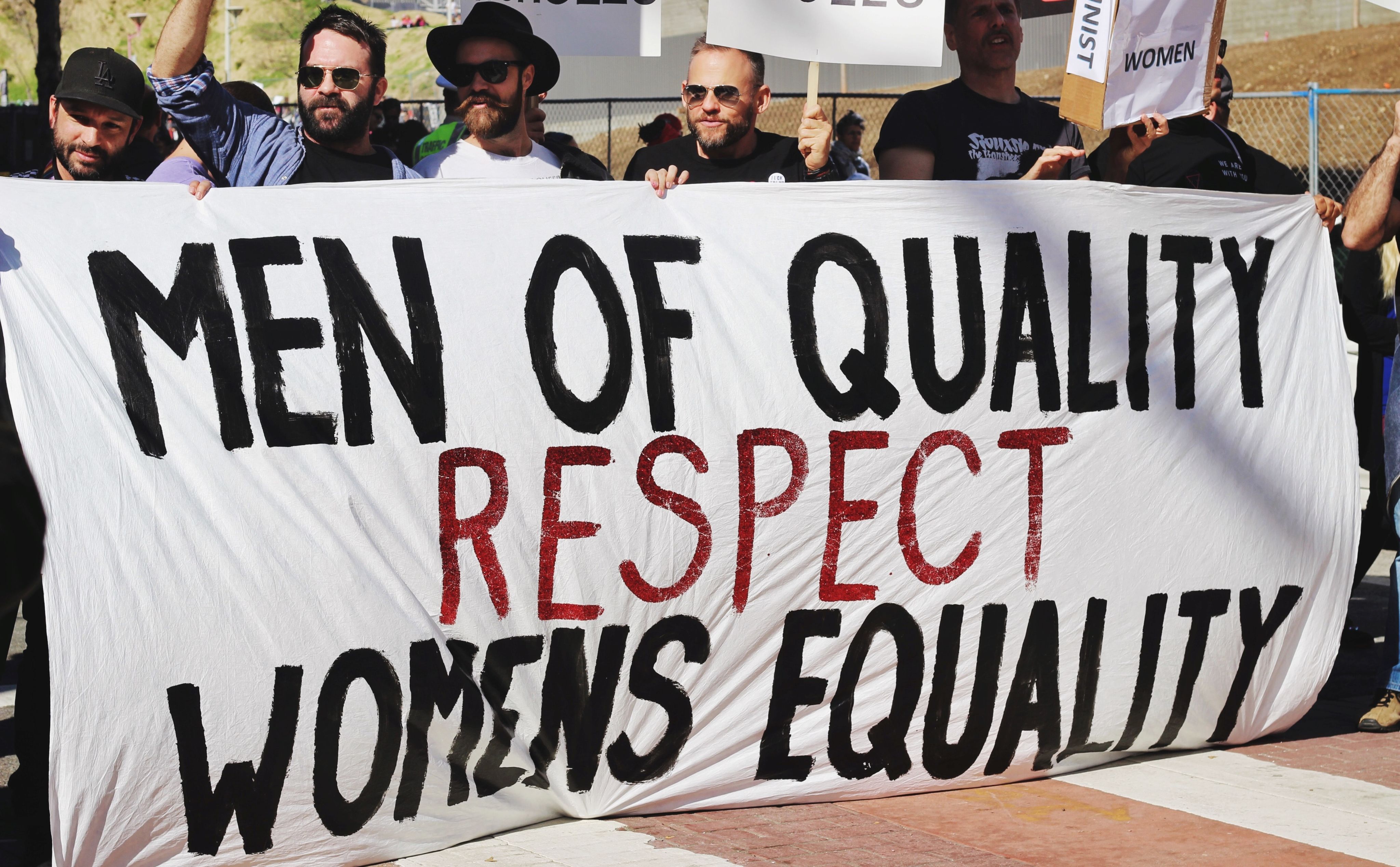
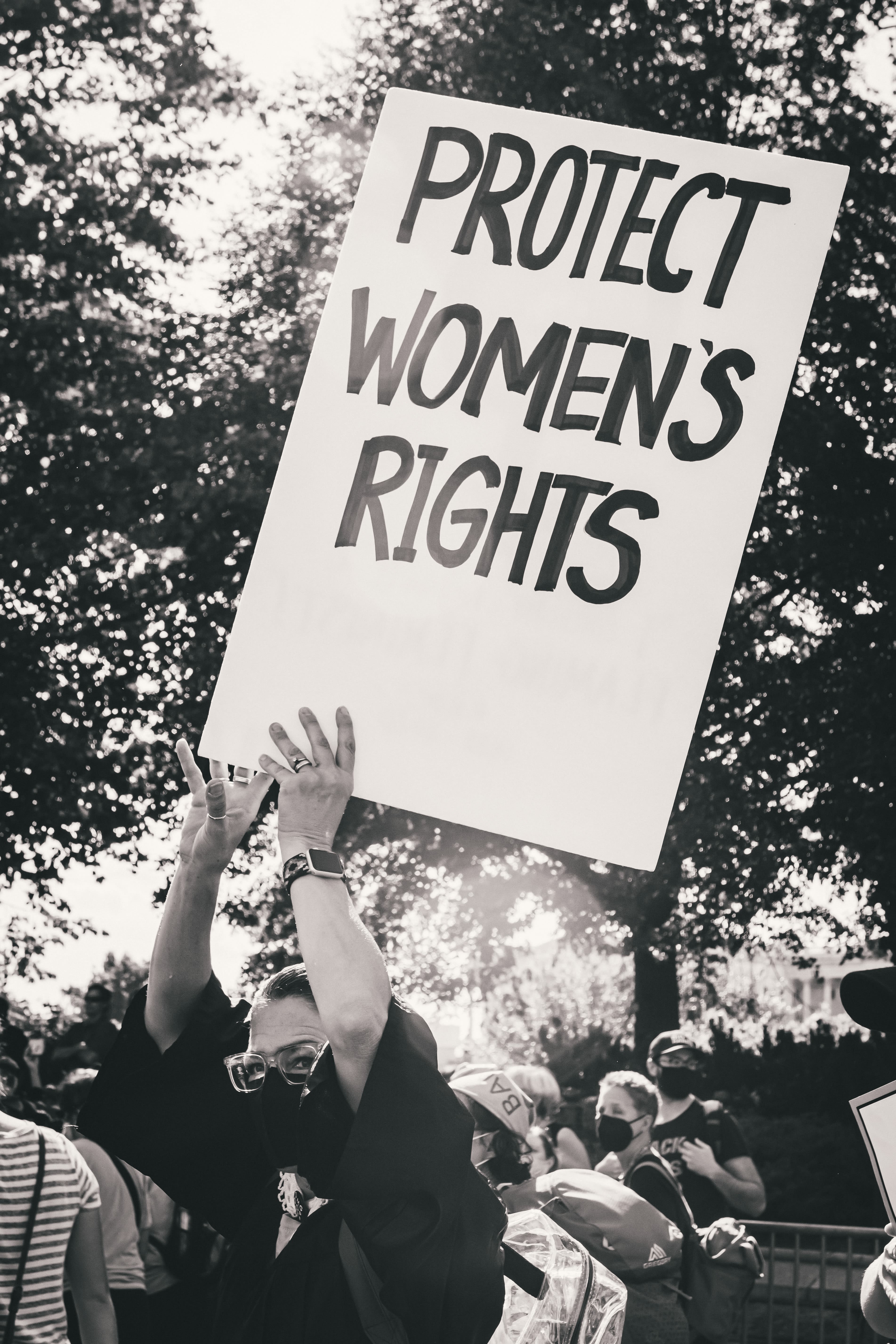
By Gayatri Malhotra from Unsplash
By Gayatri Malhotra from Unsplash
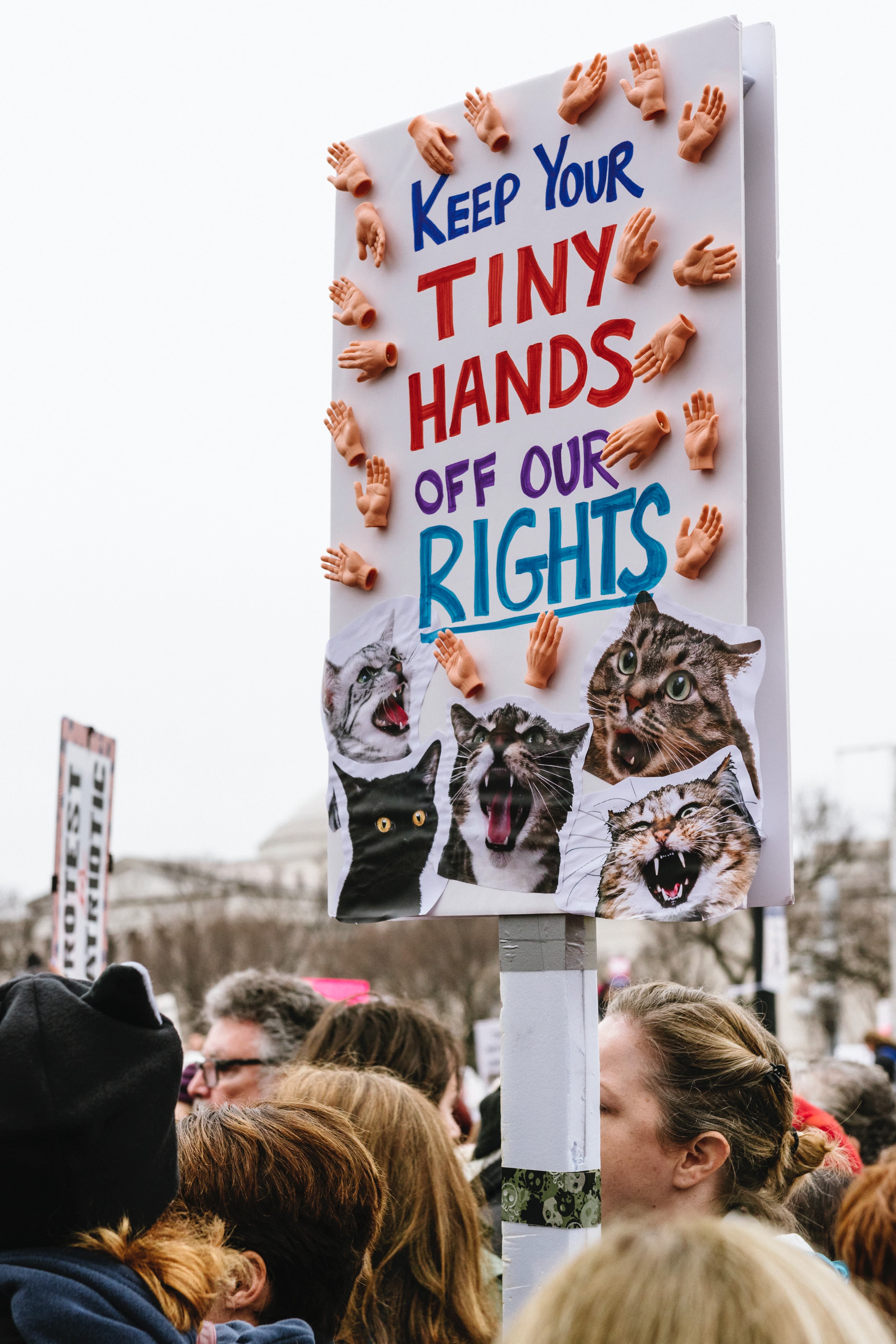
By Chris Boese from Unsplash
By Chris Boese from Unsplash
“The priority has to be to end male violence. It’s the one thing that unites women and girls everywhere on the planet”. This is the view of a journalist, Julie Bindel. Her main focus, when it comes to women’s rights, is to end human trafficking, sexual exploitation of women and children and to voice the concern for women and children who are exploited through surrogacy pregnancy contracts.
Julie grew up in Darlington in a working-class community where there were no prospects for women and very few for men. She was born in 1962 and the path she was destined to go on was marriage to a local man and factory work. When she was in her teens, she realised she had no attraction to boys and was a lesbian and through meeting other women who were feminists her path changed and she became a journalist in order to have the chance to write about feminism and women’s rights.
“I became a journalist because I started to write opinion pieces to the Guardian about the campaigning work that I was involved in such as when we set up Justice For Women… I started writing about what was happening in the world in terms of violence against women”. She expressed that she was a bad academic writer and that she would rather have thousands of people read her article than 12 read them in academic journals. Julie wanted to make her work and campaigning more accessible.
Rosie Nicholas is the Keeper of Social History at Beamish, which is a world-famous open-air museum telling the story of life in North East England during the 1820s, 1900s, 1940s and 1950s. She listed all the changes that occurred that improved women’s rights and a major change in women’s rights occurred when the Representation of the People Act of 1918 gave married women over the age of 30 the ability to vote and then in 1928 the Equal Franchise Act came in where women were able to vote on the same terms as men.
Rosie said that during the inter-war and post-second world war period a lot of key social changes happened such as “the ideas of femininity broadened on both what they could do and what they should do, women were able to work in offices, behind shop counters etc and sex education and reliable contraception came in”. However, even with those historic changes, 94 years later, we are still fighting and we still have a long way to go
Women are still experiencing violence or harassment and according to the Office for National Statistics, the most recent article from November 2021 claims that over 7.5% of women aged between 16 and 59 years old have been a victim of any domestic abuse once or more. This shows that even to this day, women are still experiencing violence in all forms. Women’s rights are a basic human right. The focus is on empowering women and giving them the confidence that nothing is impossible for them to do. That is the view of Being Woman. They focus on working towards improving people’s lives and focusing on women getting their basic rights met.
"The priority is to end male violence. It is the one thing that unites women and girls everywhere on the planet"
Julie Bindel
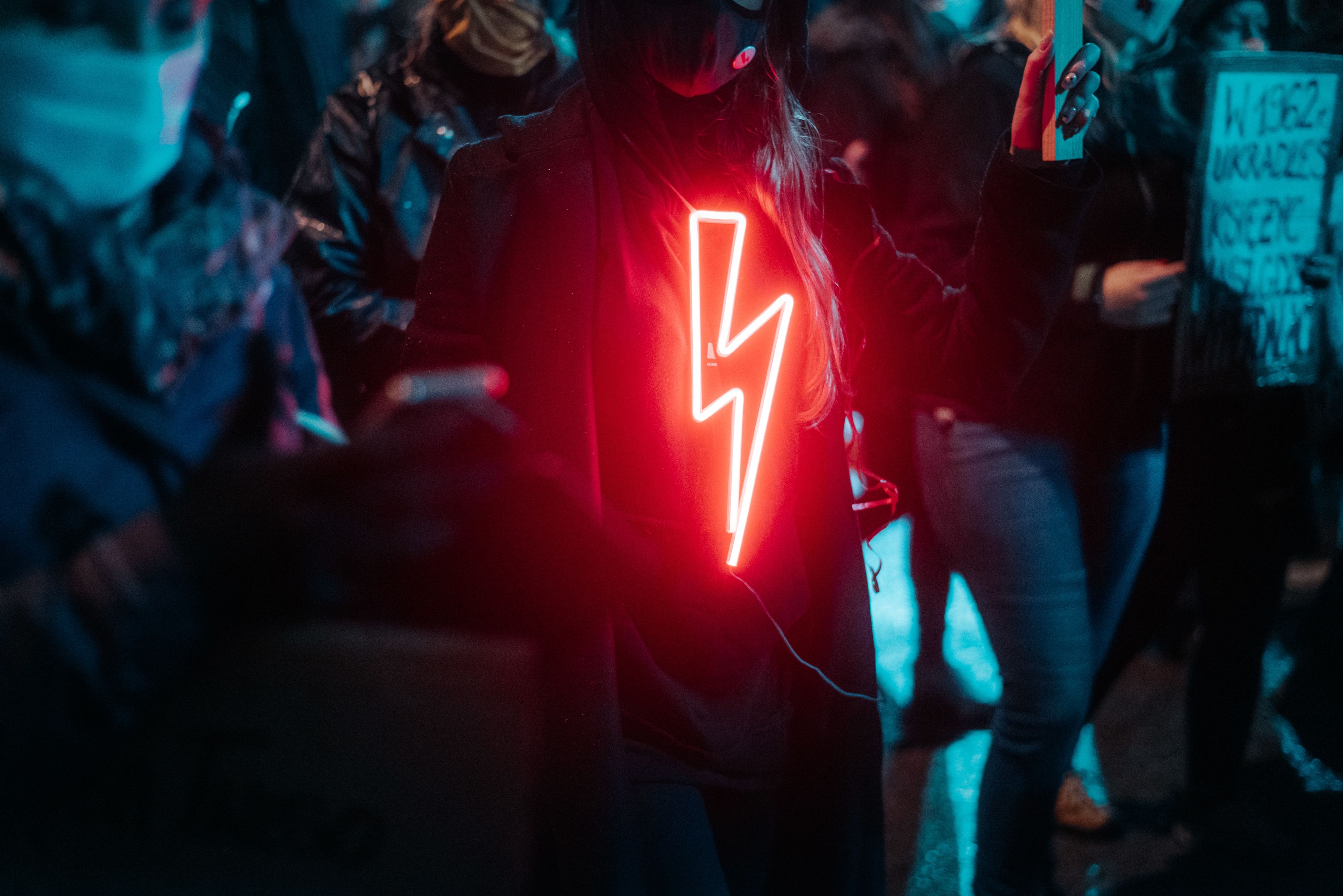
In the UK, Being Woman has educated and upskilled asylum-seeking women, female refugees and women from ethnic and diverse communities with not only their basic necessities but by giving them education and resources regarding technology. In their belief, issues still need to be raised such as gender-based violence, systematic discrimination and female genital mutilation and their mission is “to shape the world where equality is given, diversity is celebrated and inclusion is understood”.
Their current campaign, RAIN, is the organisation’s project that supports women who have been subjected to violence and protects them from it. They provide a safe space for them to recover and flourish once again. They also have other projects alongside it such as Lok Virsa which celebrates diversity and inclusion followed by English and Digital Skills classes.
Westend Women and Girls is a centre based in Newcastle and they have been driving positive change in the world and community for 40 years. They have started to promote their work, educate their audience, and bring awareness to gender equality and domestic violence through TikTok. However, even with their positive intentions, their comment section has people criticising them. Around Sarah Everard’s murder they made a TikTok around safety on the streets, the dangers women face and how women were scared to be on the street. Kiran Khan, a gender equality educator, opened up and said “Men were in the comments saying well we’re scared to be out there and I can get stabbed in the streets”.
This did not make them feel disregarded but proved more than ever streets are not safe and change has to be enforced so both men and women feel safe. Their most recent campaign that they are currently working on is Safer Streets which takes place every Wednesday and it involves inviting girls that they have worked with and any girls from the community to campaign through their play. Kiran also added “ We’re working with Safer Streets towards November/December around when the 16 days of activism begins about violence against women and girls. We have plans for Reclaim The Night marches to take place”.
Sarah Lamb, a gender equality educator, believes that their work is important because they want young women and girls to have this valuable knowledge about domestic abuse and gender equality to avoid having girls generation after generation accepting abuse that they shouldn’t. Sarah said; “I like to think we never stop achieving our commitments and missions because there will always be new ones and there are always things to improve in the world”.
According to the Office of National Statistics, they released data in 2021 from when they asked people, for the first time, about perceptions of personal safety and experiences of harassment in Great Britain. The data concluded that one in two women felt unsafe walking alone after dark, Two out of three women aged 16 to 34 years experienced one form of harassment in the previous 12 months with 44% of women having experienced catcalls, whistles, unwanted sexual comments or jokes, and 29% have felt like they were being followed. Nick Stripe, who published this data, said “There are some clear findings: Men and women both feel less safe after dark, but the extent to which women feel unsafe is significantly greater”.
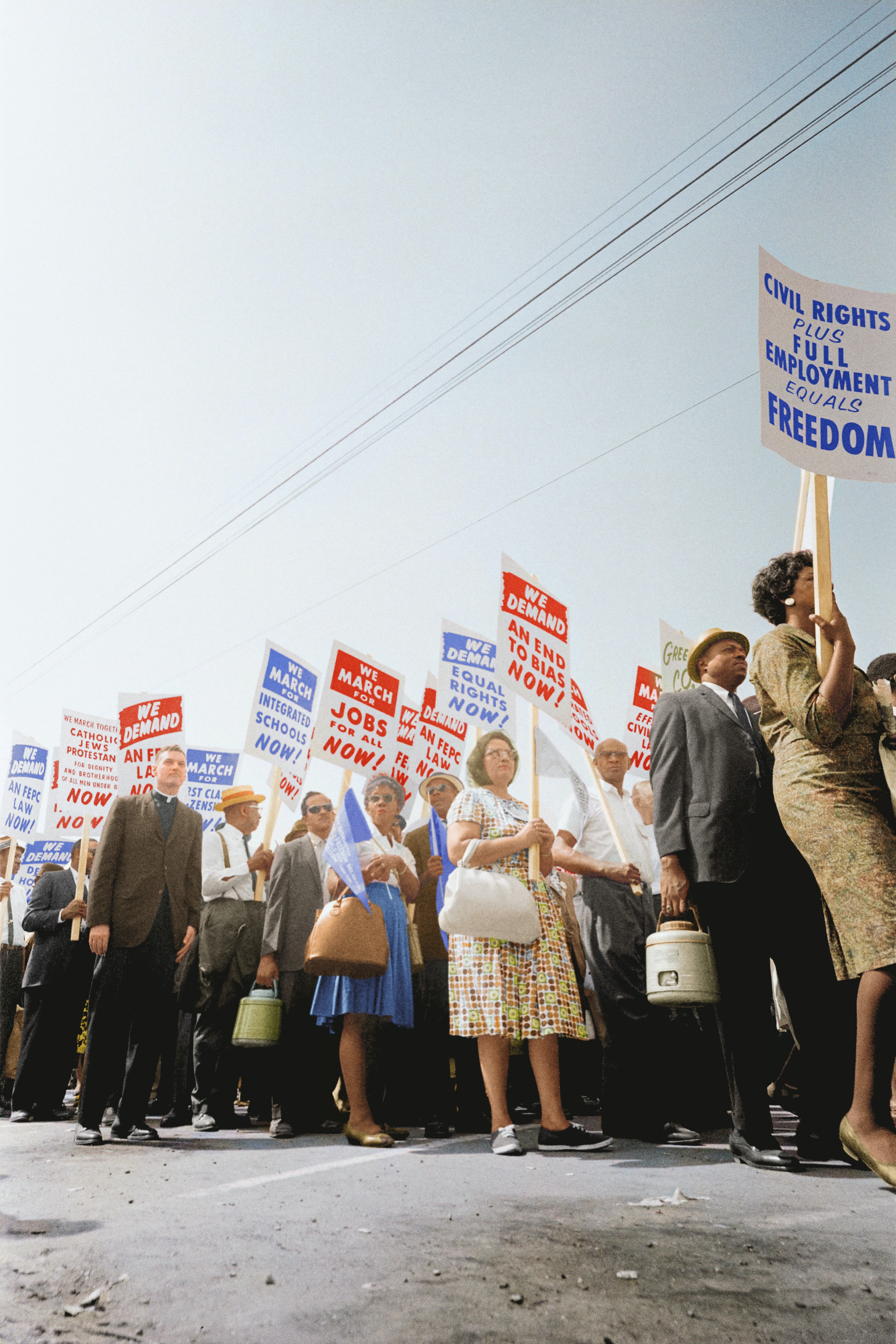
By Unseen Histories from Unsplash
By Unseen Histories from Unsplash
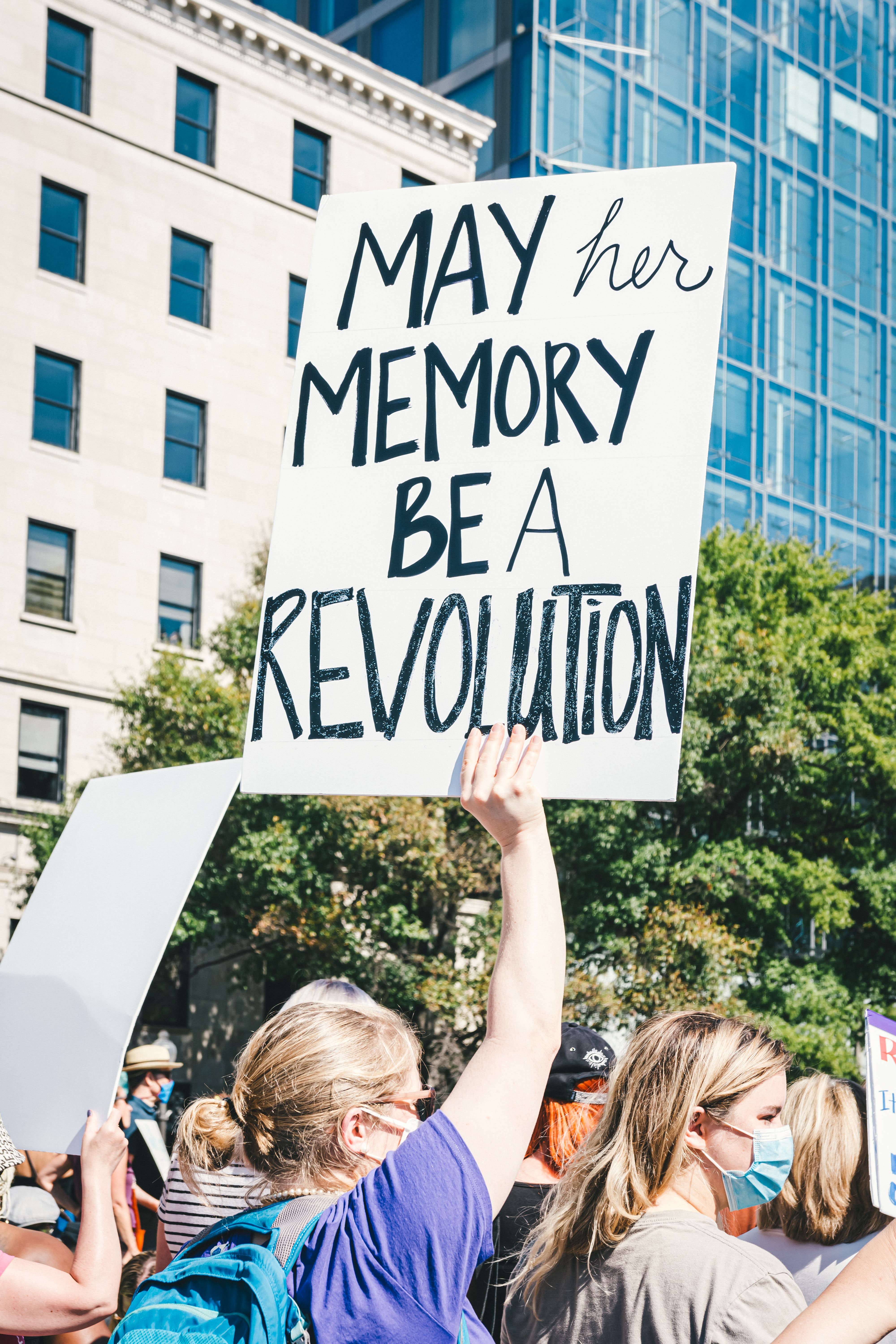
By Gayatri Malhotra from Unsplash
By Gayatri Malhotra from Unsplash

